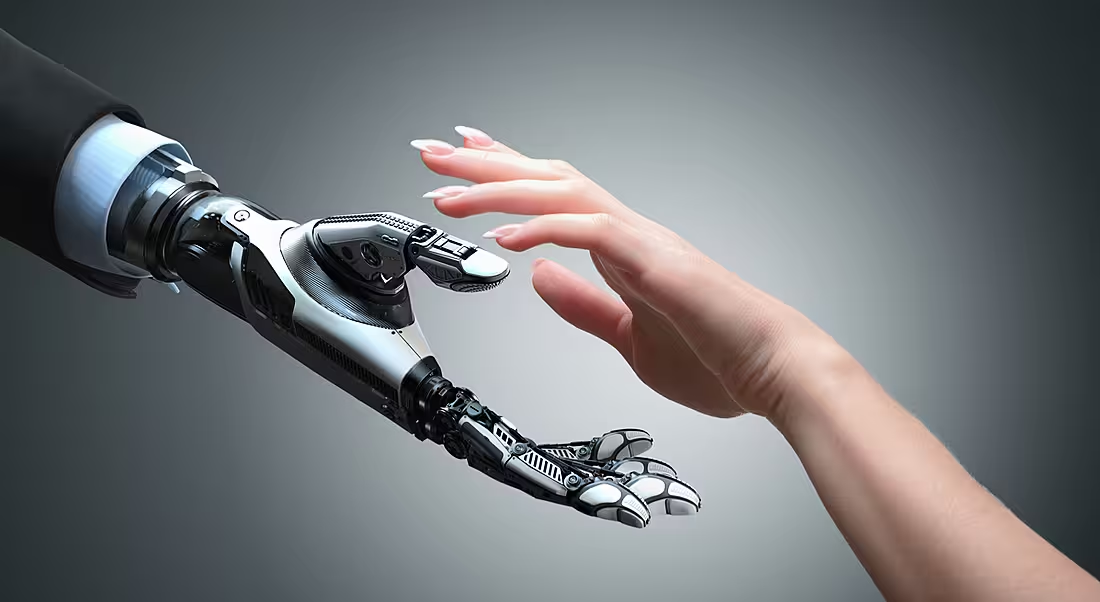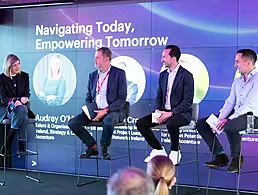IT directors are divided on the future of tech careers in the fourth industrial revolution, and the role AI will play.
One-third of IT leaders plan to implement artificial intelligence (AI) and automation in the next two years, in the hope that it will create more jobs in the workplace.
However, a similar number believe that AI will result in job losses in their organisation, according to a study by UK and Ireland telecoms operator BT.
‘We believe the introduction of new automated technologies and business processes will play to the strengths of both people and machines’
– COLM O’NEILL
The AI revolution is already happening
As the so-called fourth industrial revolution rages on, some IT leaders are hopeful that AI will generate new opportunities for programmers, algorithm designers and software engineers. They also believe AI will create new job categories such as AI trainers, ethicists and lawyers.
However, one-third of IT decision-makers think that job losses will stem from innovations in robotics and intelligent computer systems, which will replace jobs traditionally undertaken by humans, particularly those of a manual, repetitive nature.
The survey of 1,501 IT decision-makers across UK organisations of all sizes found that a third of firms are already implementing AI and automation.
One in four organisations are using automation technologies such as drones, robots or autonomous vehicles.
Almost two-thirds (63pc) describe AI or automation technologies as being already beneficial to their organisations.
Meanwhile, IT security concerns remain one of the biggest barriers to the adoption of AI and automation.
About 44pc of organisations operating within the public sector believe that greater automation will leave their organisation open to cyberattacks, compared with 28pc of those operating in the private sector.
Within the private sector, larger organisations are the most concerned about the impact of AI, with 40pc identifying it as the technology they consider to carry the most risk over the next two years.
“This research gives us a fascinating insight into the early adoption of AI, automation and other disruptive technologies in the UK workplace,” said Colm O’Neill, managing director of major corporates and public sector at BT.
“The findings illustrate the rapid pace of technological change amongst organisations of all types and sizes.
“And, while some organisations clearly view disruptive technologies as a potential threat to the labour market, we believe the introduction of new automated technologies and business processes will play to the strengths of both people and machines.
“A good example of this is where BT’s world-leading security team is using machine-assisted cyber threat hunting to proactively identify cybersecurity threats. This combines AI and big data techniques with the use of human analysts who are critical in providing the context and judgement needed to distinguish between anomalous and malicious activity,” O’Neill said.




